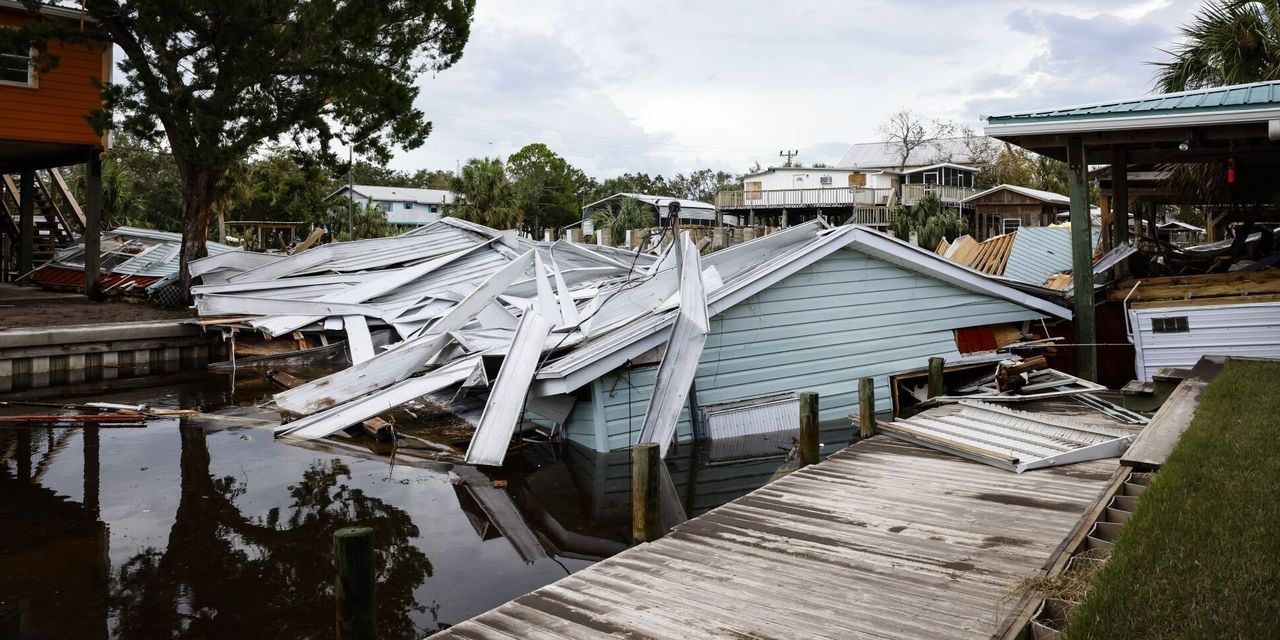Huge losses from national disasters prompt industry to jack up prices and pull back from some markets; ‘worst possible scenario’ for consumers
After Allstate suffered billions of dollars in losses and failed to get the rate increases it wanted, it resorted to the nuclear option.
The insurance giant threatened last fall to stop renewing auto insurance for customers in three states that hadn’t given in to its demands, which would have left those policyholders scrambling for coverage. The states blinked.
In December, New Jersey approved auto rate increases for Allstate averaging 17%, and New York, a 15% hike. Regulators in California are allowing Allstate to boost auto rates by 30%, but still haven’t decided on its request for a 40% increase in home-insurance rates after the insurer refused to write new policies.
For many Americans, getting insurance for both their cars and homes has gone from a routine, generally manageable expense to a do-or-die ordeal that can strain household budgets.



Good actuary science needs to figure out people who while they haven’t yet had a claim still belong in the ultra high risk group. There are houses all over in hurricane areas that have never been hit in 150 years, while not too far away some other land was hit several times - this is random chance.
Sorry, but I’m not willing to formulate a major piece of legislation for a discussion on the Internet. I’m aware that something like what I’m describing requires a lot of detail and needs to handle edge cases that I don’t even know exist at the moment